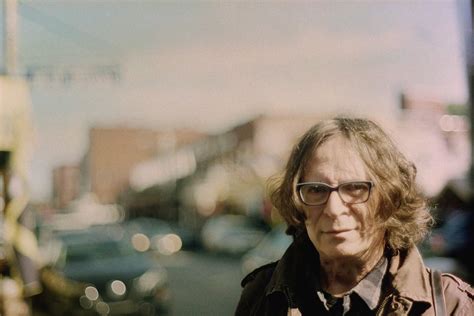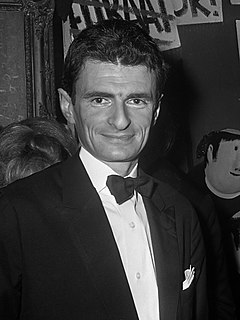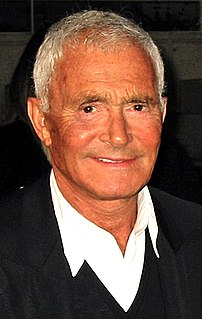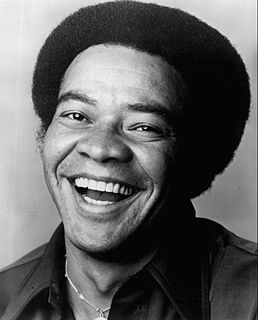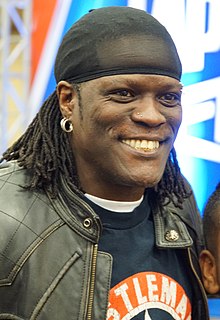A Quote by Gary Lutz
It was my mother who taught me the one worthwhile thing: when they ask if you like what you see in the mirror, pretend that what they mean is what's behind you--the shower curtain, the tile, the wallpaper, whatever's there.
Related Quotes
Just beyond the ticket booth Father had painted on a wall in bright red letters the question: DO YOU KNOW WHICH IS THE MOST DANGEROUS ANIMAL IN THE ZOO? An arrow pointed to a small curtain. There were so many eager, curious hands that pulled at the curtain that we had to replace it regularly. Behind it was a mirror.
If you just do something, then you're a five-year wonder and, goodbye, you're gone. But if people feel it's worthwhile, not only do they copy but they want to learn how to do it To me, that's what it's all about. If someone were to ask me, 'What's the number one thing, in essence, that you left behind?' It was the teaching of others so that they could take my work and take it further.
All children in the '50s were taught manners, they were taught to say please and thank you, they were taught not to be rude. And I'm seeing some problems today where somebody's losing a job because they made fun of a fat lady that couldn't fit in the elevator. I mean that was the sort of thing that, when I was eight years old, my mother made it very clear to me that that was not okay to say that kind of stuff.
Landscapes can be deceptive. Sometimes a landscape seems to be less a setting for the life of its inhabitants than a curtain behind which their struggles, achievements and accidents takes place. For those who are behind the curtain, landmarks are no longer only geographic but also biographical and personal
